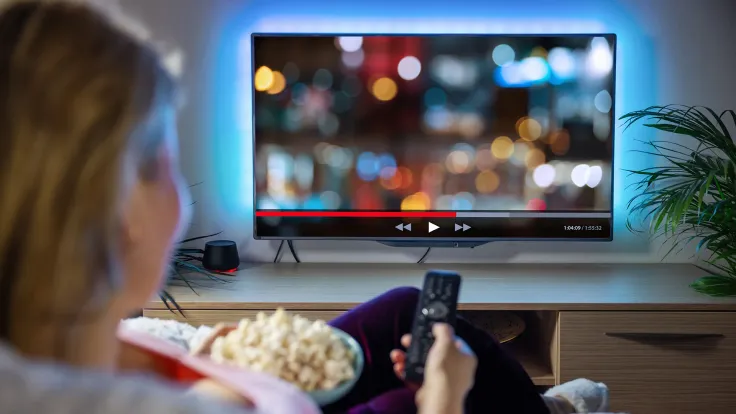The TV Licence Fee Just Went Up – Again!
Okay, so the UK TV Licence fee just jumped to £174.50. Honestly, who saw that coming? A whole £5 increase! That’s a pretty hefty chunk of change, especially when you’re already juggling rising grocery bills and everything else that seems to be costing more these days. It's leaving a lot of people scratching their heads, especially those of us who mainly stream stuff on Netflix and similar services.
Why the Increase? It's Complicated.
The official line is inflation, of course. But it’s more than just that. This whole thing is part of a much bigger conversation about how the BBC is funded. Their Royal Charter is up for renewal in 2027, and the government is trying to figure out how to keep the Beeb afloat in a world where everyone's watching things differently.
You know how sometimes things just spiral? This feels a bit like that. The rising cost of living is affecting everyone, and this increase adds to the pressure.
What About Netflix and Streaming?
Right now, you only need a TV licence if you’re watching live TV or using BBC iPlayer. Netflix, Disney+, Amazon Prime – they’re all off the hook… for now. But the government is looking at all sorts of options. They might make streaming services contribute to the licence fee somehow, or maybe tax them directly. Or, get this, they might even start charging people who listen to BBC Radio!
So, What Does This Mean for My Netflix Binge-Watching?
For the moment? Nothing. You can still happily binge-watch your favourite shows without worrying about a licence. But the writing's on the wall. If the government decides to include streaming services, expect an extra cost, maybe around £15 a month. That's a significant increase! The bigger concern is live events. Watching a live concert or sporting event streamed on Netflix? That'll almost certainly need a licence. This has already been confirmed for some events.
The Bottom Line: Stay Tuned!
To summarise, the TV licence fee has gone up, and the future is uncertain, especially for streaming services. It’s a bit of a waiting game to see what the government decides. While on-demand Netflix is safe… for now… the possibility of future changes is very real. It's worth keeping an eye on government announcements and checking the official TV Licensing website for updates. It's better to be informed than surprised by another unexpected fee!







